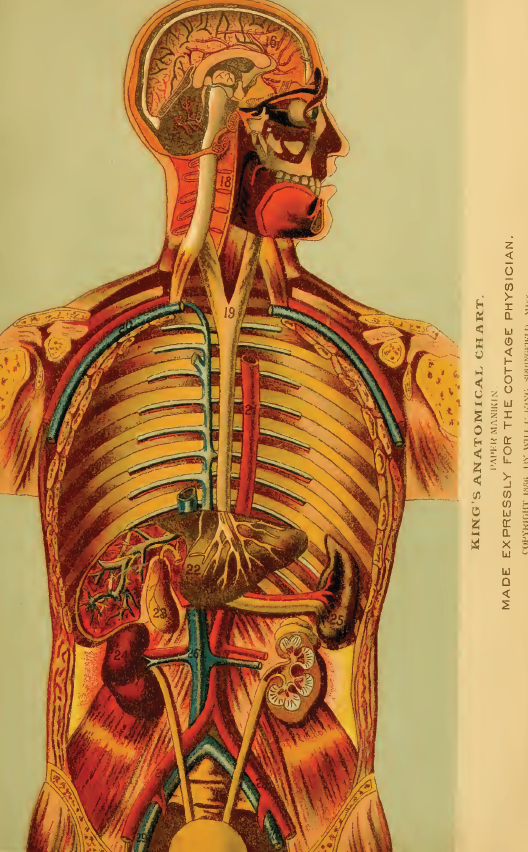 |
The Lamar Soutter Library is ensuring that people throughout the world have access to valuable historical resources even if they cannot travel to the Medical School’s Rare Book Room.
As one of the world’s leading medical libraries, the LSL is taking part in a digital curation collaborative that promotes free and open access to historical resources in medicine. The LSL contributed 286 classic rare medical books to the online holdings of the Medical Heritage Library (MHL) by adding the tag “medicalheritage” to the cataloging information. In so doing, the LSL has “radically expanded the volumes’ potential audience,” according to Jack Eckert, a founding member of the MHL and a public service librarian at the Harvard Medical School Library.
Digitizing of rare books is a cost-effective way of making once inaccessible materials available to researchers, students, teachers and anyone else interested in the information. Prior to contributing to the Medical Heritage Library, the LSL had already made a strategic decision to digitize important books from its rare book collection, which contains materials dating back to the 16th century. Over the past two years, Ellen More, PhD, and her colleagues from the LSL’s Office of Medical History and Archives have carefully chosen books to be digitized and included in the Internet Archive, a non-profit organization founded in 1996 to build an internet library that provides permanent access to historical collections that exist in digital format. Since its creation, the LSL digital archive has been widely utilized.
The MHL, funded by the Sloan Foundation, comprises a consortium of world class libraries, including the National Library of Medicine, the New York Public Library and the medical school libraries at Harvard, Yale and Columbia. When the MHL began assembling its collection of books related to medicine and medical history, it discovered that many of the rare books it wanted to include had already been digitized by the LSL. Representatives of the MHL approached the LSL to ask if the UMMS collection could be added to the MHL archives and thus the LSL became the first donor library to contribute existing digital materials to the MHL.
“The fact that the Medical Heritage Library was eager to include many works from our Rare Book collection in their digital collaborative is a tribute to the vision of Lamar Soutter, who advocated for purchasing it even before the medical school opened,” said Dr. More.